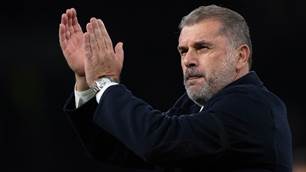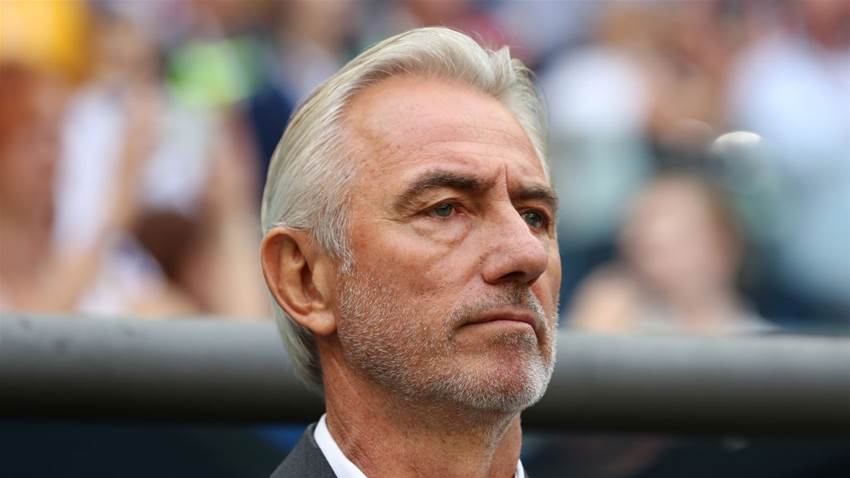Aussie Bert's reign has reached a disappointing conclusion, but how should Australia look back at this feint episode in Socceroos history?
That's the way the World Cup ends, not with a bang, but with a whimper.
The Socceroos couldn't provide Bert van Marwijk the sensational send off we were all hoping for, but perhaps it wasn't a surprise - ultimately there will be few denying that Australia exceeded meagre expectations at their fourth consecutive World Cup finals.
One point from three games leaves us in a fitting position to adjudicate our national team’s situation. Now ranked 36th in the world, we looked worthy of that summation in almost every way; first there was the disciplined, if not slightly fortunate display against 'le Frogs’: a 2-1 defeat that the nation could get behind, bouyed as we were by our surprising competitiveness.
Then there was the 1-1 draw against the Danes. The 'sh** part of Sweden' - as jubilant Socceroos fans branded them - eventuated as worthy advancers from Group C, which makes that hard-fought stalemate the most obvious vindication of van Marwijk's appointment.
Ultimately, our Dutch master provided a competitive Socceroos squad, which largely overcame its lack of striking acumen through careful organisation. What more can you ask of a short-term coach?
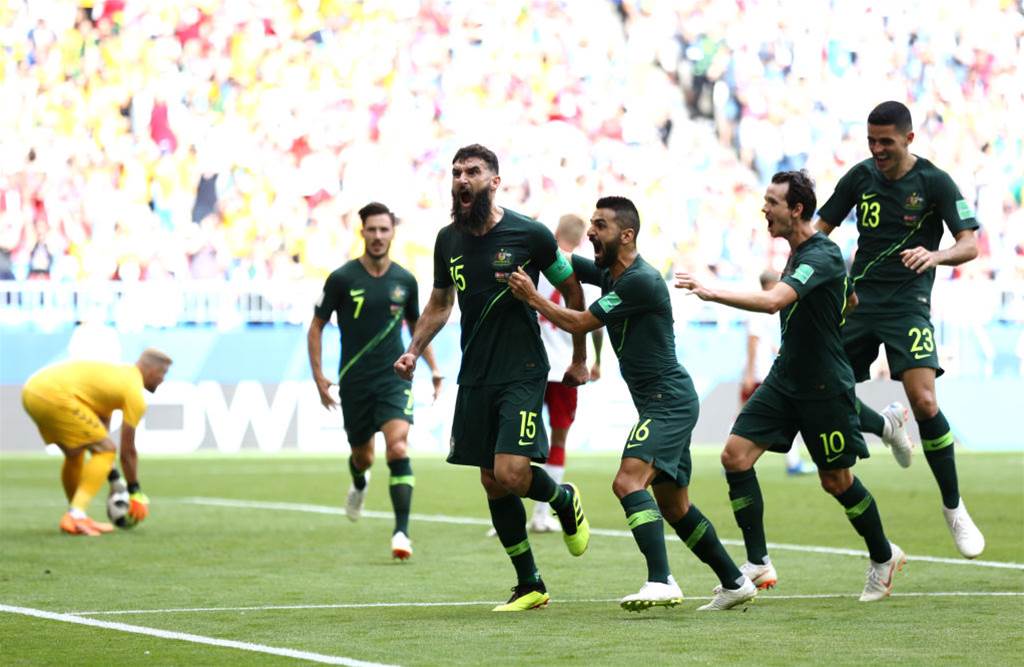
So how should Australia judge van Marwijk?
It depends on which prism you judge the national team through. If you're a nouveau Angeist, who views the Socceroos as an unfinished masterpiece, full of potential but lacking in supervision, then van Marwijk will always be seen as a stop-gap, a not-all-together-unpleasant detour on the road to something greater.
However, if you're a pessimistic realist, then van Marwijk's guidance could be seen as a return to the most effective Socceroos style. Australia was missing key parts of the equation under Ange Postecoglou – the side was constantly susceptible to counter attacks and suffered from disorganisation, in part stemming from continuous changes to the squad and formation.
Van Marwijk helped arrest this, perhaps for the greater good. Australia - who it's worth remembering had struggled to create chances even with an attacking mindset - suddenly appeared capable of world class defensive discipline under his leadership.
However, this noticeable improvement proved to be unsustainable. When the chips fell into place and Australia had the chance to shock the world against Peru, we drew a remarkably short hand.
The Peruvian problem
Peru's tactics against the Socceroos were a masterstroke. Understandably expected to go for broke, after all, they had nothing to lose, Ricardo Gareca instead opted for a measured approach that paid dividends. Australia were often listless in possession and when given the chance, Peru were excellent in taking their opportunities.
This begs the question, should Australia have risked the biscuit?
The decision to play an almost unchanged squad; consisting of an eclectic Tom Rogic, an underwhelming Robbie Kruse and a harmless Aziz Behich when the likes of James Meredith, Massimo Luongo, Dimitri Petratos and Jamie Maclaren sat unspoiled on the bench smacks of a lack of confidence.
Perhaps this is fair enough. Van Marwijk witnessed Australia's struggles to qualify through what should have been a relatively comfortable qualification process and this would have influenced his choices approaching a do-or-die fixture such as Peru. Yet the Postecoglou-mantra burns bright here - is it really in Australia's best interests to play like the underdogs, even if we are?
Against France and Denmark van Marwijk’s caution worked. We preyed upon football's weakness, the provision for minnows to sit back, absorb pressure and strike on the counter, while preying on the lack of final product each opponent offered, like so many sides have throughout the 2018 World Cup.
But when the Socceroos’ effort and restraint earned them the chance to prove they were greater than the sum of their parts, van Marwijk’s mindset couldn't be broken. Against a Peru side who didn't rush in where angels fear to tread, Australia became the fools. We didn't exploit the space, nor the time provided and after all his hard work forging their steely resolve, van Marwijk was unable to provide the hammer blow.
You can blame this on Australia's lack of proven forward options and the indecisiveness of Rogic and Daniel Arzani in key positions. But realistically we didn't deserve to beat Peru for a reason and it wasn't lack of quality - the South Americans beat us tactically, pure and simple.

Where do the Socceroos go from here?
Graham Arnold is now in a unique position. He has a side that's technically proficient, used to playing a stylistic, difficult brand of football. Yet they've now been moulded into a far more controlled set-up that requires greater individual football intelligence.
This is a fantastic starting point from which to craft a dominant side over an extended period. But Postecoglou's problem may come back to haunt Arnie. He inherits a Socceroos squad in need of refreshment, whether it be turning Maclaren or Andrew Nabbout into a long-term solution for Australia's striking woes, or integrating Arzani into a packed midfield which already struggles to utilise the likes of Luongo, Petratos and Rogic.
It's a difficult task, but perhaps Arnold can take solace in his predecessors’ shortcomings. Postecoglou was inflexible - unable to adapt his side to their obvious deficiencies, which ultimately delayed the implementation of his own philosophy.
Van Marwijk was contrastingly insecure, unwilling to believe in his side to their ultimate detriment. Arnold needs to strike the balance, if there is one, while refreshing the squad and navigating the pressures of a tumultuous Asian Cup campaign.
Easier said than done, and it's not easily said, either.
Related Articles
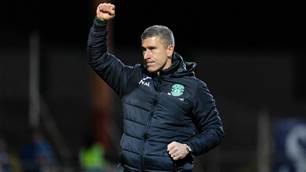
Champion A-League coach set to join Premier League giants
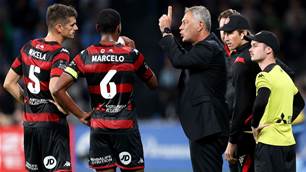
Six in the mix: Wanderers' short-list includes Arnie's Dutch pick
